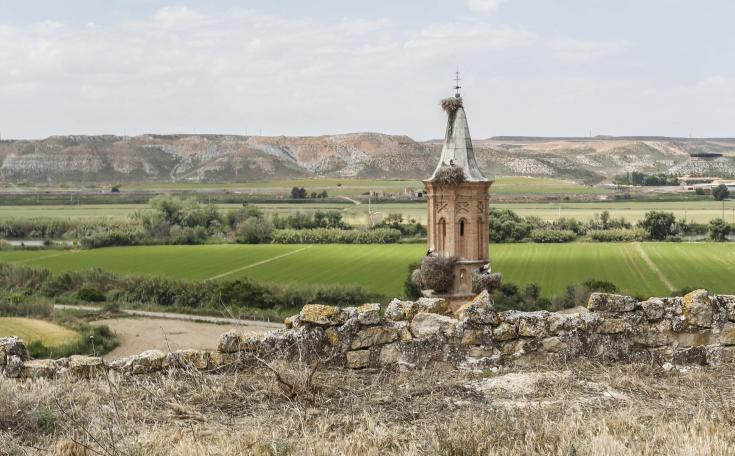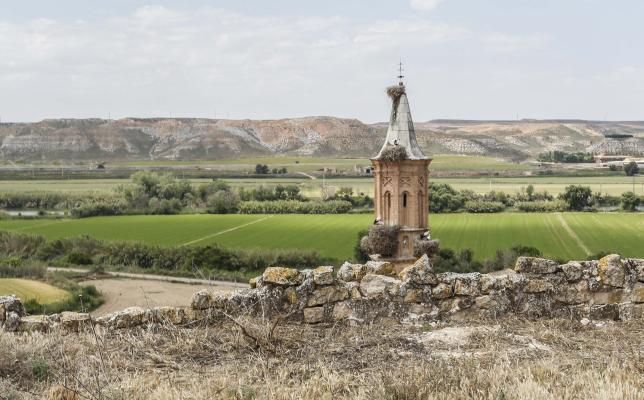Project summary
REliHE highlights the challenge of the sustainable reuse of the religious heritage in rural areas.
Religious heritage is a central element in Europe’s cultural landscape. Despite the historical and artistic value, more and more religious buildings are losing their original purpose because of secularization and social demographic changes that leads to religious sites end up underused, vacant, or even ruined. This situation is especially critical in rural areas where many other challenges must be faced. Most of the times, the possibility of the religious heritage as a driver of development is not considered when designing strategies for future because of the complexity of its management, the problems of its ownership and the lack of sustainable ideas for its reuse beyond its mere conservation. Reuse of religious heritage has strong bond with collective memory, an aspect that needs to be considered when new uses for such buildings are defined. This issue requires consistent approaches for the conservation and transmission of its values, both material and immaterial.
Interreg Europe allows to face this challenge with a partnership leaded by the Politecnico di Torino (Italy), an outstanding institution in the strategic rethinking of religious heritage that will support partners that present an innovative approach to the topic such as the Province of Overijssel (Netherlands), territories with a strong Catholic tradition as the Province of Zaragoza (Spain) and the Kujawsko-Pomorskie Voidevoship (Poland) together with the Upper Palatinate (Germany) and regions like South Bohemia (Czech Republic) and Zemgale (Latvia) that want to unlock the possibilities of their religious heritage, somehow out of their development plans due to historical circumstances.
REliHE aims to increase partner's knowledge and capacity for improving regional policy instruments through new projects on strategic reuse and re-think of religious heritage, improved governance, and structural change.

